Singapore students are ranked as one of the top ten in the world. The Organization for Economic Co-operation and Development’s Program for International Student Assessment (PISA) 2012 listed Singapore as second for reading, Mathematics, and Science out of the 65 participating countries. Out of the ten top performing countries, seven are from the Asia-Pacific region, and these countries are led by Shanghai, Singapore, Hong Kong, Taiwan, South Korea, Macau, and Japan. It seems Asia has the capacity to produce more mathematicians, engineers, and scientists.
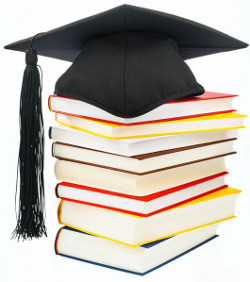
Those who are looking into our successful education system recognize that Singapore has put in place rigorous standards and demanding curricula, outstanding facilities and manpower. Singapore’s outstanding educators diligently raise student academic results, provide holistic development, and contribute to the overall school culture. In addition, Singapore students also go through a longer academic year (per cycle), and as such, they accumulate more schooling days than their western counterparts. Singapore’s education system is consistently refined to accommodate today’s changing world.
Does Your Child Really Need Tuition?
Singapore’s students are often seen cramping in any way they can. Some parents overbook their schedules in addition to their existing, piling homework from schools. While some students can flourish in such an environment, there are those who do not. These students could be lacking sleep, and their results could be suffering at the same time. They could be going to tuition classes all week (including weekends), and piling additional assignments as they go along.
These days, tuition in Singapore (and in Asia) is so common that no one really questions the need for it anymore.
In this world of great mobility, some parents have a choice. They are able to define their children’s education life. As such, these parents have the capabilities to shop for the ideal education system/location – they can decide where they want their children to have their education or how they want their children to be educated. Just like the celebrities who choose to send their children to schools in the East or West (like Canada, Singapore, and the US) even if they are based in Hong Kong. One example is Jet Li, who moved his family from the US to Singapore.
Stressed Out From Studies
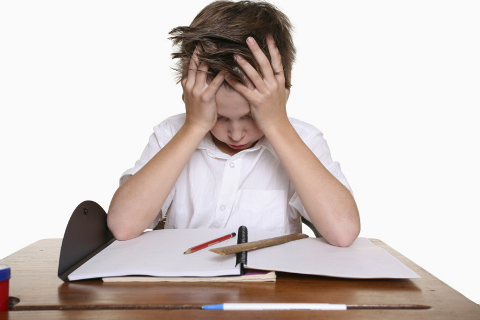
There will always be some fall-outs from the education system. Organizational and management skills are learnt very early in school life. As children go up the academic ladder, some students will discover that they lack certain abilities to cope. There are quite a few blogs from Singapore students discussing about stress – most of them tend to point out the tremendous pressure that is associated with the competitive education system. Some took the effort to discuss the system’s strict, and demanding framework in great depth while the others highlighted the emotional stress that they have gone through. For most, they are burned out from expectations, pressure, and fatigue.
In addition, culture, where the students come from, can also be a stress factor.
According to one USA Today article (August 4, 2013), the difference between Asian and American education system is cultural. This article pointed out that Asian students study with a tremendous expectation – they study to be successful in life. From young, children are taught that education is the only avenue to success in life. Parents put their children’s academic lives a top priority, and they are willing to spend as much (including funding for oversea education). In Asian countries, this purposeful pursuit is also forcing families to make choices, sometimes sacrificial, to afford their education. In China, some families go into debt or delay their family plans to chase for the education dream. According to Samsung Economic Research Institute in Seoul, 70% of the South Korean expenditure goes to private education.
On the other hand, some may argue that a competitive education system may not be all that bad for Singapore students as it can produce top talents for the nation. However, the overall outcome can be affected if the students are put under sufficient stress on a daily basis. Such a result-oriented approach leaves little room for students to grow and explore intellectually.
Parenting In Today’s Tech Era
In the days without technology, parents’ networking capabilities were limited to getting input from the teachers, immediate neighbors and friends – children’s performing pressure were just limited to these sources. These days, technology has contributed tremendously to student’s pressure. Not only can parents check in with their networking groups (from primary to tertiary schools) at various online parenting platforms, they can also discuss and manage all things relating to their children’s school lives such as getting academic material, support and tuition referrals. In addition, past test and exam papers are prevalent online, and most teachers and parents believe the more their children work on these papers, the better their results would be.
Education climate (performance-driven) determines if the child over studies. In general, too much studying can be bad for health. A published article by The Guardian linked anxiety, panic attacks, depression and other health concerns with over studying. Consistent worries about assignments, tests, exams, and projects can set back mental health.
These days, counselling services in most US universities are set up to help students to cope with stress associated with studies. These services are tasked to educate on the critical issues relating to studies. Test, and exam cycles continuously built up excessive (and sometimes unnecessary) stress that could result in fatigue, and eventually affect grades. Similarly, in Singapore, every school has one or more counsellor to help navigate children who demonstrate stress-related, emotional and behavioral problems. Aside from family, and relationship challenges, some students are also weighed down by competitive and self-imposed pressures which can affect their basic functioning capabilities. At the extreme, such tremendous pressure can also drive some students to become suicidal.
Health and efficient study process should be the key strategy to achieve optimum academic success. Professional organizations like The American Psychological Association calls for students to study smart.
⇒ Related Read: Academic Success At What Cost – Part II
By Caroline Yeung.
Educated in Singapore initially and later in the US, Caroline has over 18 years of communication and writing experience. She has lived in London and the US for the last 18 years and worked with technology and consumer companies. Her recent interest in Early Childhood Education has led her to work towards a certificate from The UCLA Extension in California. Caroline’s previous teaching experience also came from working with junior college and polytechnic students in Singapore.
* * * * *
Like what you see here? Get parenting tips and stories straight to your inbox! Join our mailing list here.
Want to be heard 👂 and seen 👀 by over 100,000 parents in Singapore? We can help! Leave your contact here and we’ll be in touch.















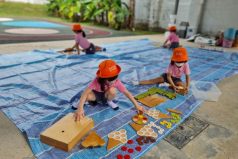






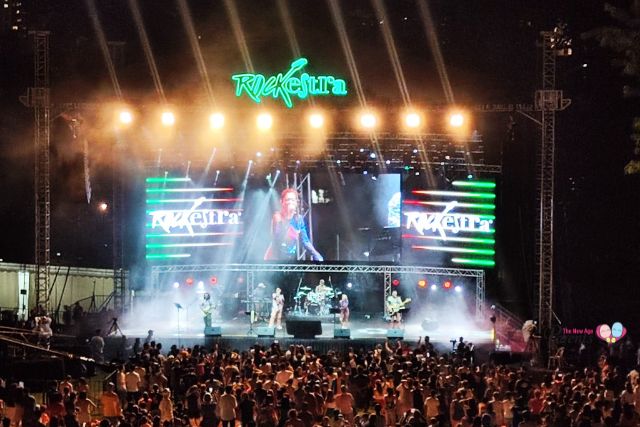


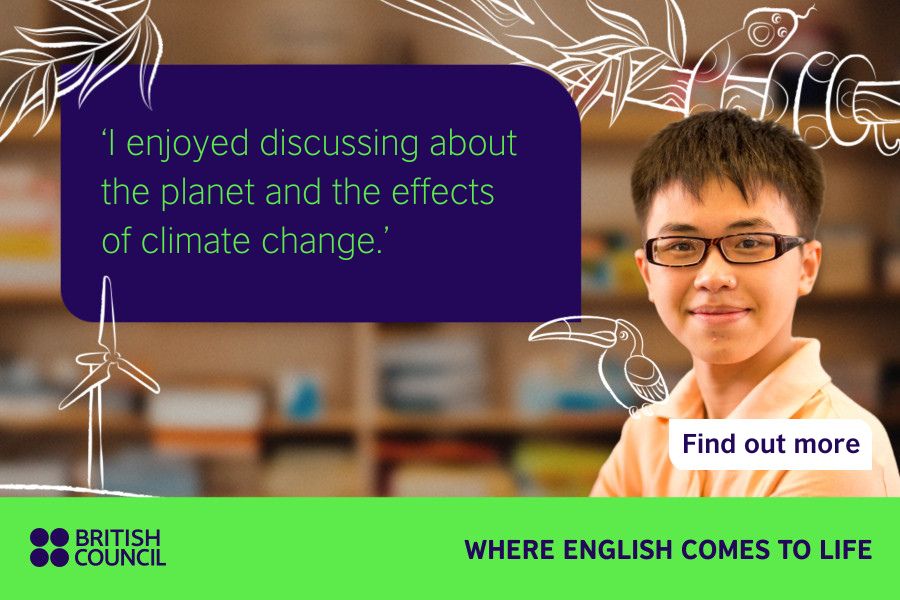











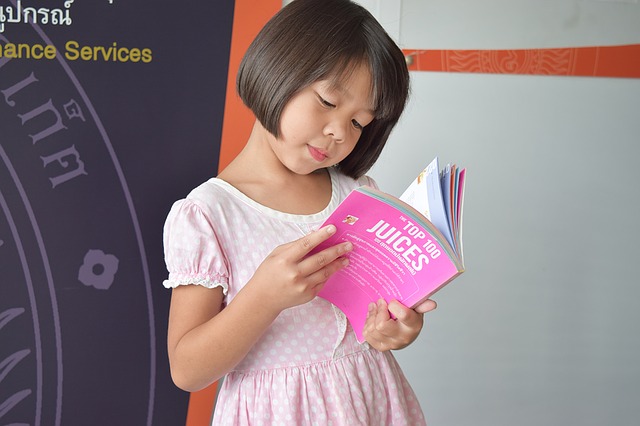
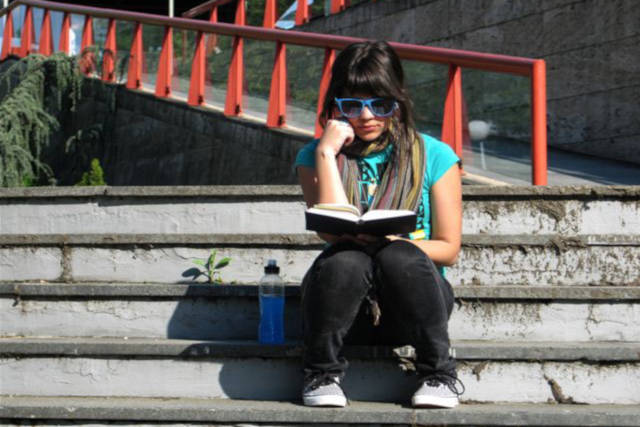





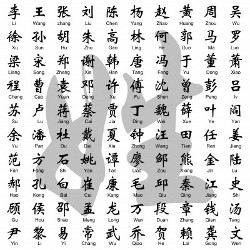


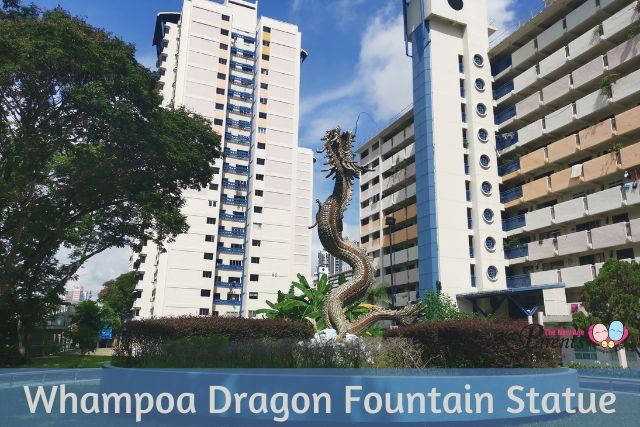










Leave a Comment: